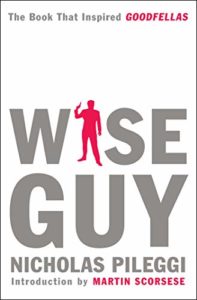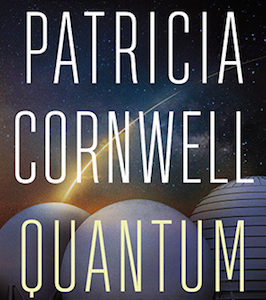There are few things that drive us, and divide us, in the way that the almighty dollar does. And wherever there is money to be made, greed grows.
Corruption is an unfortunate, but inevitable, byproduct of greed, and where there is corruption there is often crime.
Something has recently become very evident—America is obsessed with crime. The rise of true crime stories and documentaries, the fascination with the morbid, and the draw of the crowds to blood, deception, and the criminal underworld… One doesn’t have to go far to see numerous examples of the popularity of these stories. Think Netflix’s Narcos, OJ: Made in America, or the recent release of Quentin Tarantino’s Once Upon a Time in Hollywood… But the American obsession with crime doesn’t hinge on its validity—we can’t get enough of these stories, real or not.
One of the biggest crime narratives, gripping the national psyche for decades, is the world of organized crime.
While organized crime still operates in major criminal enterprises such as drug trafficking, money laundering, weapon smuggling, and more, we have seen a noticeable shift towards legitimacy. In-fact, the acquisition of legitimate businesses is one of the things that has allowed for the “disappearance” of modern crime organizations.
The gangsters of the past are no more. The wise guys got too wise, and the reach of criminal enterprises has gone beyond the strictly criminal. Bowler hats and tommy guns have been exchanged for briefcases and ties.
In writing my novel, The Don of Siracusa I delved into the world of corporate corruption and tried to contrast that against the incredibly complex modern structures of Italian American organized crime. In doing so, I took inspiration from the many books, fictional or otherwise, that span the mafia crime genre.
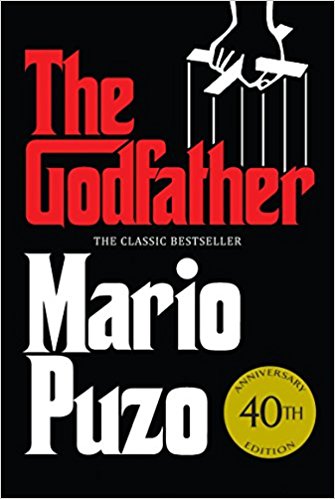
Mario Puzo
Puzo’s writing is some of the very best the genre has to offer. He has often been criticized for glorifying the mob, and perhaps to a certain extent that might be true, but a look at his full body of work showcases an ability unlike any other to write compelling, larger-than-life characters, and engrossing plots. If you are looking for great mafia fiction, Puzo’s novels are undeniably the place to start.
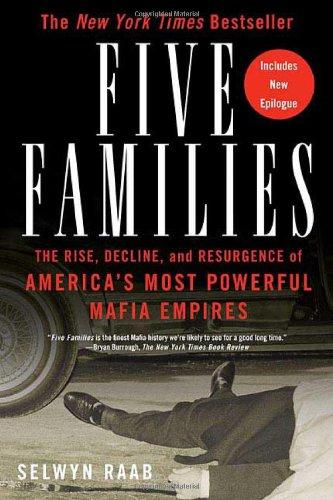
Five Families: The Rise, Decline, and Resurgence of America’s Most Powerful Mafia Empires by Selwyn Raab
Selwyn Raab’s work of narrative nonfiction has taken its (rightful) place as the go-to book for organized crime non-fiction. Raab’s novel is expertly written, while still relying on Raab’s journalistic approach to create a reliable history and documentation of organized crime.
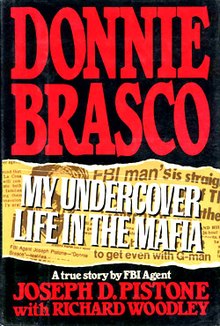
Donnie Brasco by Joseph Pistone
Pistone’s tale of his infiltration into the mob provides fascinating, and sometimes tedious, insight into the daily workings of the mafia in the 1970’s. Any fan of organized crime novels would do well to read this one. The accompanying movie is also considered an all-time great.
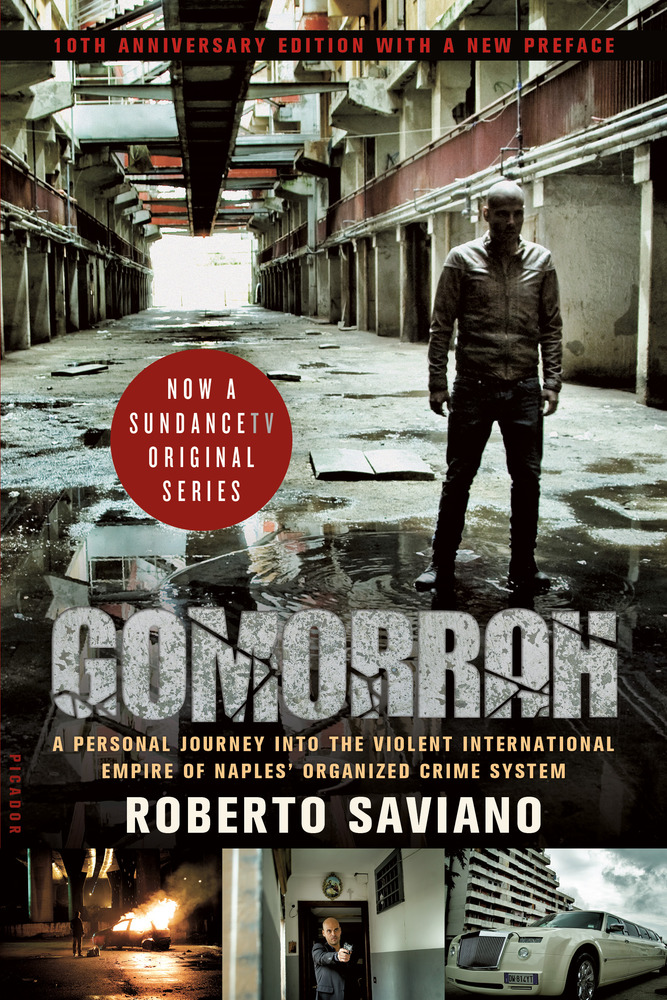
Gomorrah by Roberto Saviano
Roberto Saviano is considered a hero, and also a target, in Italy for this work of investigative nonfiction, delving deep into the world of the Camorra crime syndicate. An absolute must read for any with even the slightest interest in modern organized crime. While the novel provides incredible insight to the violence and corruption that the clan produces, the television series of the same name has been the subject of criticism for humanizing gangsters.
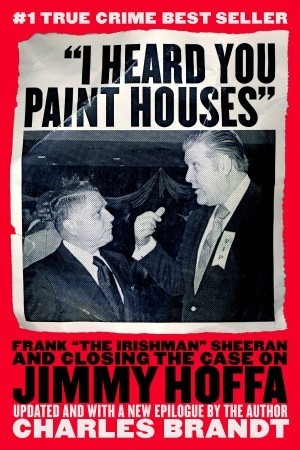
I Heard You Paint Houses by Charles Brandt
This novel was recently adapted by Scorsese for Netflix, and it takes only one read to see why, although I’m partial to the original title over Scorsese’s choice of “The Irishman”.
Wiseguy: Life in a Mafia Family, and Casino: Love and Honor in Las Vegas by Nicholas Pileggi
Nicholas Pileggi only wrote three novels in his career, two of those novels being Wiseguy and Casino. The first he adapted into Goodfellas, and the second (of course) became Casino. There isn’t much to say here other than – If you like the movies, you have to read the books.
***
The staying power of organized crime stories, real or not, demonstrates that audiences have been eating this stuff up for years.
The mafia stories stand the test of time because they romanticize an often-dangerous world. We are drawn to that danger, not because we want to glorify the mafia, but because we enjoy what they stand for in these books: Justice, camaraderie, family, and most importantly, retribution upon one’s enemies.
It’s hard to justify that vigilante style of justice, but in the context of a mafia fiction novel for example, it makes for a satisfying story. Sometimes, we just want the bad guys to lose, even if it’s not at the hands of the “good guys”.
And nowadays, it’s difficult enough figuring out who the “good guy” even is.



